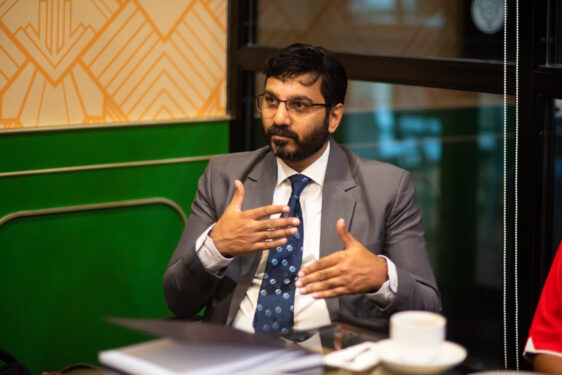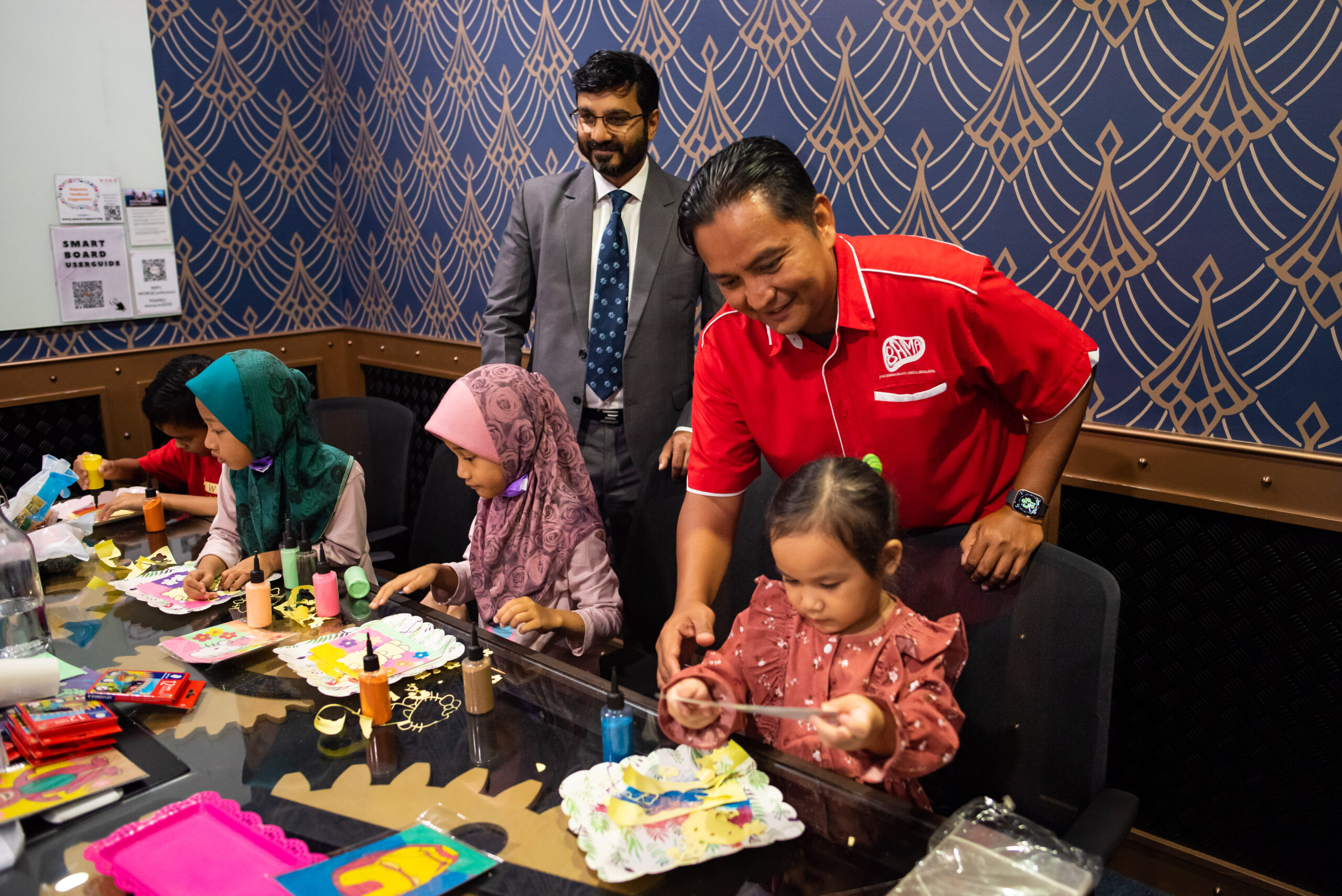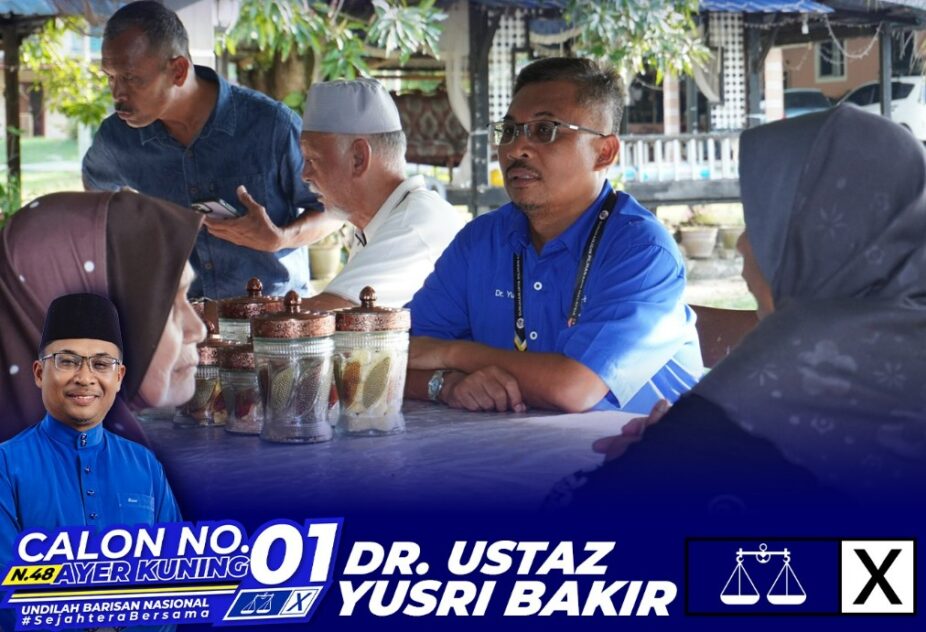INDRAPRASTHA Apollo Hospitals in New Delhi, India, has begun providing care and expertise to four Malaysian patients who are suffering from end-stage liver disease.
Careena, a one-year-old baby, recently underwent a life-saving liver transplant procedure after developing liver cirrhosis as a result of an unsuccessful Kasai surgery performed shortly after her birth.
Nur, an eight-month-old baby, also required a liver transplant after being diagnosed with hepatic biliary atresia.
Both infants were initially treated in Malaysia. They were flown to India after their condition deteriorated and eventually admitted to Indraprastha Apollo Hospitals in New Delhi – the world’s leading hospital in liver transplants.
Details about the third patient were not revealed, except that they are a baby, while the fourth patient is a Malaysian adult.
In a statement, Indraprastha Apollo Hospitals said the four had successful liver transplants in the last eight months while under their care.
The surgeries were done under the supervision of Indraprastha Apollo Hospitals senior consultant for liver transplant Dr Neerav Goyal and his team, comprising liver transplants consultants Dr Arun V, Dr Varun M and Dr Pradeep Kumar; Dr Sanjeev Aneja and Dr Purnima Dhar and anesthetist Dr Chitra.
Neerav said Apollo Hospitals has always been at the forefront of ensuring the delivery of care to patients in need, despite constraints like geographical boundaries.

“Fortunately, we have been able to help many patients from Malaysia suffering from critical ailments,” he said. “The youngest child operated on was 3.5 months old while the oldest child operated on was 1.8 years old.”
He added that other non-Malaysian babies weighing barely 0.8 kgs and 10.7 kgs have also had liver transplants at Apollo Hospitals.
Apollo Liver Transplant programme
The Apollo Liver Transplant programme, which was established in 1998, has seen more than 3,950 liver transplants, including 458 in children, involving patients from 20 countries.
Neerav said the success rate – which ranges from 92% to 94% in the first two years, 85% after five years and 75% after 10 years – is also dependent on the patient’s lifestyle choices.
He further noted that pediatric liver transplant patients generally have a good quality of life after their transplant, although they would need to be on immunosuppressant agents all their lives but at a reduced dose with each passing year.
“The liver is the only organ that can regenerate after being transplanted,” he shared. “The liver can regenerate to 80% after three weeks and over 90% within a year.
“Thus, after a child’s liver transplant, a very long, high-quality life is to be expected.”
He added that Sanjay, Apollo’s first liver transplant patient, is now a healthy 23-year-old doctor at Apollo who plans to specialise as a liver transplant surgeon and help future patients receive the same life-saving surgery he had.
According to Indraprastha Apollo Hospitals, seven in 10 babies born with defective livers will die because of the lack of facilities to treat them, or while overseas medical help is available, their parents are unaware of it.
Commenting on this, Biliary Atresia Malaysia Association (BAMA) president Mudzaffar Shah Ali said the parent support group was sad that parents waited until their children’s medical condition had reached the end stage before opting for a liver transplant.
“Few are aware that even for organ donors, their recoveries would be fast and they would be able to go back to work in three weeks, while their organ will grow back to its original size within a short period of a few months,” he said.
Mudzaffar added that BAMA has been assisting parents of afflicted children or adults to seek treatment, both locally and abroad, as it did in the recent cases involving the three Malaysian babies treated at Indraprastha Apollo Hospital. – Oct 11, 2022
All photos are credited to Indraprastha Apollo Hospitals










